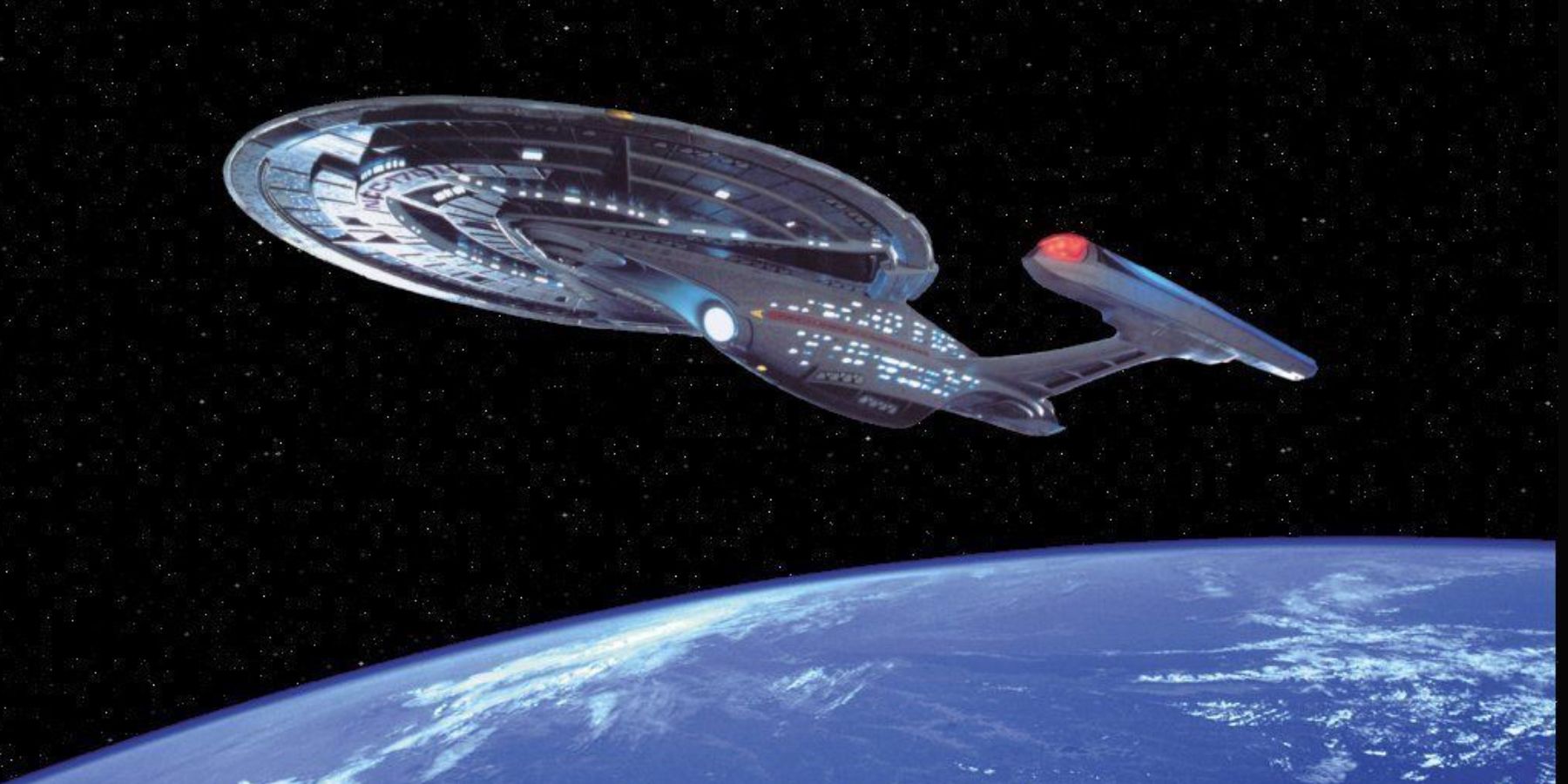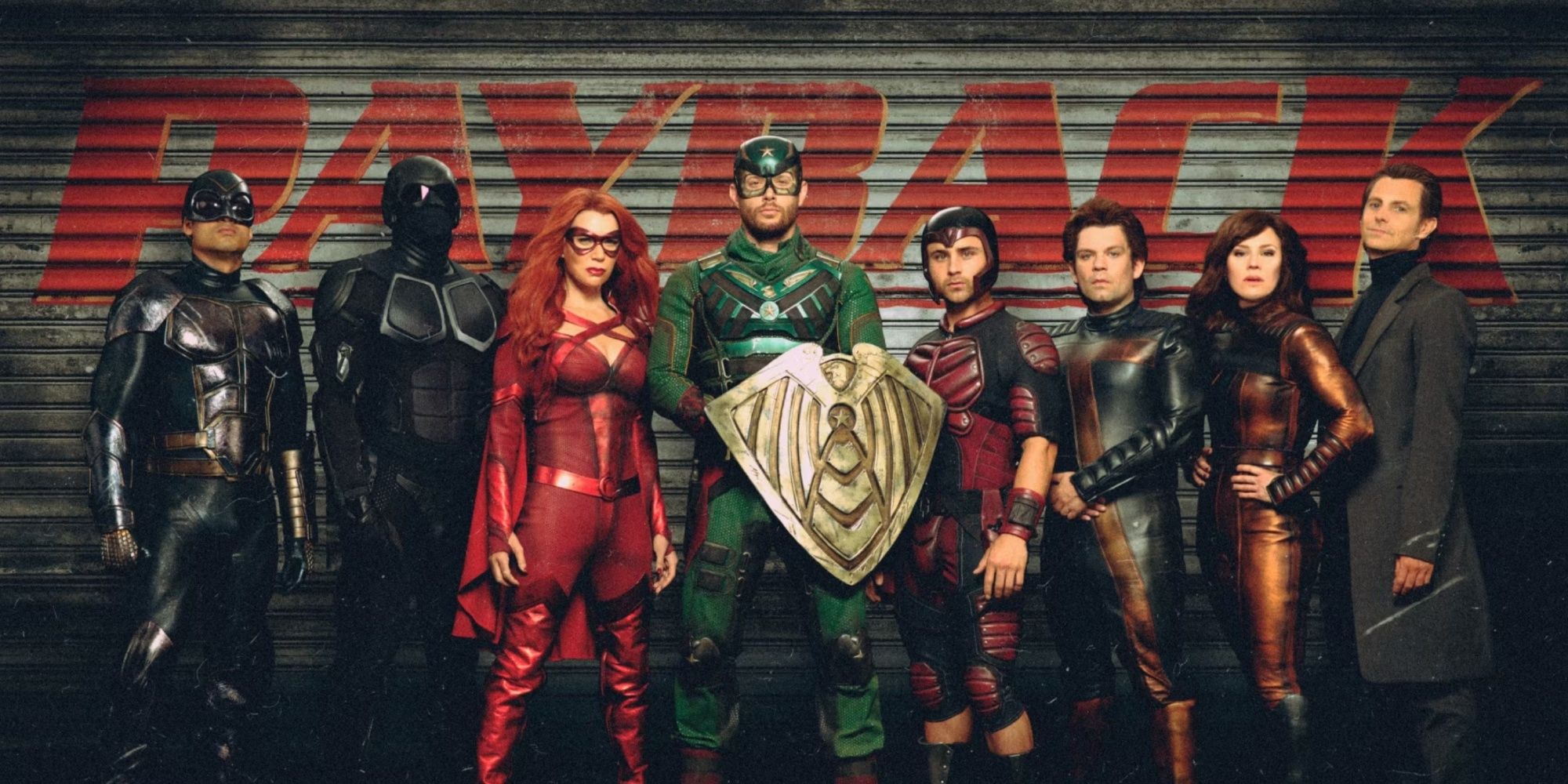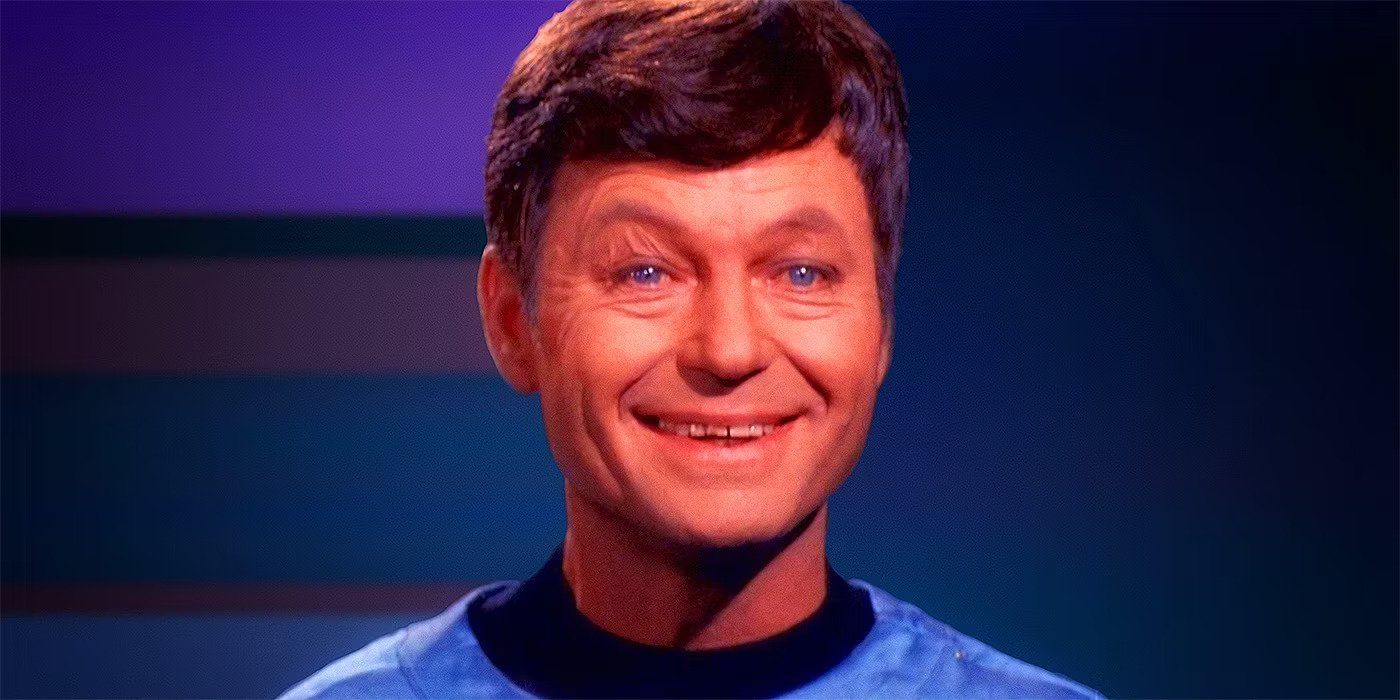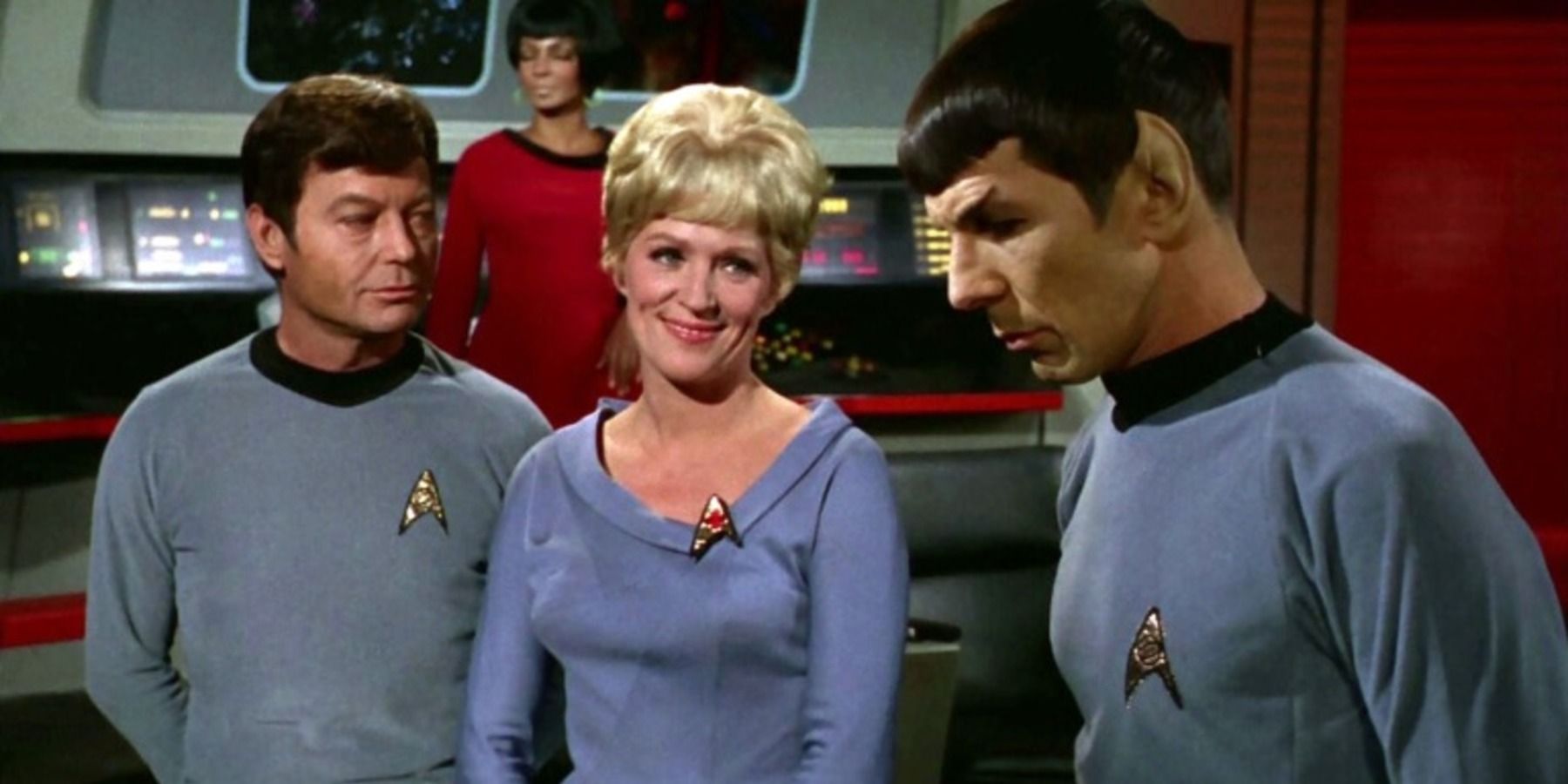Star Trek has a lot of selling points. The joy of a beautiful utopian future and the endless possibility of space exploration is enough to make a show worth watching. However, all that fun and potential excellence falls flat without a human lens. The crew members of the Enterprise are among the most iconic characters in sci-fi history. Dr. Leonard H. McCoy is, in many ways, the team's beating heart. Kirk gives him the charming nickname Bones, but where did he come up with it?
Deforest Kelley was one of the most fascinating casting decisions in Star Trek's early days. Kelley's Leonard McCoy was the third doctor in the series. The two pilots featured different medical officers, both picked by directors. Gene Roddenberry wanted Kelley, and he got his wish in the first "official" episode. Kelly is credited with most of the creative choices behind his character's personality. It was his defining role, and he made it iconic.

Star Trek: Exploring The Unusual Origins Of Character Names
Where do the unique and often unusual names of Star Trek characters come from?
Where Does McCoy's Nickname Come From?
Dr. McCoy got his nickname from Captain Kirk, but its inspiration varies across universes. Kirk calls him Bones from the first time they're depicted meeting. McCoy's first episode was "The Man Trap," the sixth entry filmed but the first one to air. The rejected pilot cast John Hoyt as Dr. Philip Boyce. The second attempt, "Where No Man Has Gone Before," saw Paul Fix play Dr. Mark Piper. Gene Roddenberry came up with the nickname Bones before he named Deforest Kelley's doctor character. He knew he wanted Kelley for the role and liked the idea of calling him Bones, but the explanation was more evident at the time than it is now. Bones is a playful shortening of the 19th-century term sawbones.
Karl Urban played the role of Dr. McCoy in the 2009 reboot film universe. His performance was celebrated, often even by those who disliked the treatment of the material. Most seemingly considered his the best translation of an old character into a new context. Urban's McCoy has a similar role in the social system aboard the Enterprise, but his relationship with Kirk is slightly different. This iteration of Kirk and McCoy meet at Starfleet Academy while working to secure positions in the organization. Kirk lands at the Academy after a barfight with some students, leading him to meet Captain Christopher Pike, who offers a career like his as a potential future for the young hothead. McCoy joins Starfleet following a messy divorce. He explains that his ex-wife took everything, leaving him nothing but his bones. Kirk takes that gag and turns it into his nickname. Karl Urban improvised that line, changing the character's history with a sharply-chosen sentence.
How Is McCoy's Nickname Significant?
Charles Dickens coined the term sawbones in his 1837 novel, The Pickwick Papers. It refers to a doctor, though almost always a surgeon. Surgeons are generally well-regarded in the modern day. This was not the case at the time. To be a physician, one needed a medical doctorate. A surgeon required no such credentials. Subsequently, a doctor was considered cultured, high-class, and fiercely intelligent. A surgeon could be seen as more working class, on the same level as a blacksmith or a bricklayer. Most of a physician's work took place in the mind. They were at the level of scholars or philosophers. Surgeons were asked to touch human bodies with their hands, debasing themselves to help the weak and wounded. The term refers specifically to the grim work of hacking off limbs with an amputation saw. People don't say "sawbones" often today unless referring to the podcast. It's a playful term, a wink and nudge at the offputting realities of medical work in a bygone age. How does it hold up in 2266?
On one hand, Kirk calls McCoy "Bones" as a joke. He's reducing the work of a life science expert and medical prodigy to the days when an amputation was a best-case scenario. Ironically, McCoy prefers to avoid intrusive treatment. He's an advocate for the body's natural healing powers. He has no love of technology, displaying distrust of gadgets like the transporter. "Bones" ties McCoy back to a history of dedicated professionals struggling to help others under terrible circumstances. Sawbones like McCoy knew the right thing to do and did it, even when it was impossibly difficult. His patients might not appreciate him, and his more logical cohorts might push back against his moral standing, but Bones passionately does his duty for everyone. That's what makes him "a good ol' country doctor."
Funnily enough, Kirk makes a concerted effort to stop calling McCoy Bones after a confrontation with a skeleton in the second season premiere. He calls him "Doc," but it doesn't stick. Bones is a better name for a man who proudly ties himself back to the old days. Dr. Leonard McCoy is an old sawbones, but he's among the best there's ever been.




